
Kod: 01686487
Benefit Incidence Analysis on Thailand
Autor Mohammad Rezaul Karim
Essay from the year 2013 in the subject Economics - Case Scenarios, printed single-sided, grade: "none", - (National Institute of Development Administration, Bangkok - Graduate School of Public Administration), course: PhD, langua ... więcej
- Język:
 Angielski
Angielski - Oprawa: Miękka
- Liczba stron: 56
Wydawca: Grin Publishing, 2013
- Więcej informacji o książce

48.70 €
Zwykle: 49.67 €
Oszczędzasz 0.97 €

Dostępna u dostawcy
Wysyłamy za 15 - 20 dni
Zobacz książki o podobnej tematyce
-

Second Letter to the People of England. on Foreign Subsidies, Subsidiary Armies, and Their Consequences to This Nation.
15.34 € -19 % -

Magneto-Fluid Dynamics
187.81 € -
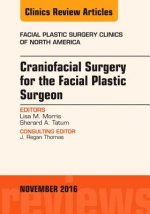
Craniofacial Surgery for the Facial Plastic Surgeon, An Issue of Facial Plastic Surgery Clinics
111.03 € -
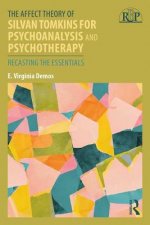
Affect Theory of Silvan Tomkins for Psychoanalysis and Psychotherapy
53.99 € -

Immortal Yearnings
26.12 € -4 % -

Changing Organizations from Within
198.79 € -
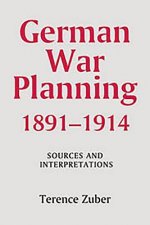
German War Planning, 1891-1914: Sources and Interpretations
154.86 € -

Drama und Gesellschaftsspiel
55.41 € -2 % -
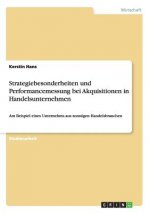
Strategiebesonderheiten und Performancemessung bei Akquisitionen in Handelsunternehmen
38.12 € -1 % -

Della Celebre Iscrizione Sulle Origini Di Cittanova. Studi Storici E Paleografici.
13.82 € -18 % -

Dřevěné kostely a kaple v Beskydech a okolí
19.82 € -6 % -
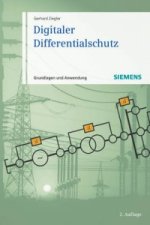
Digitaler Differentialschutz 2e - Grundlagen und Anwendungen
60.39 € -4 % -
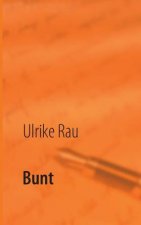
Bunt
18.70 € -2 % -

Miloš Janoška Život a Krásy Slovenska
8.84 € -20 %
Podaruj tę książkę jeszcze dziś
- Zamów książkę i wybierz "Wyślij jako prezent".
- Natychmiast wyślemy Ci bon podarunkowy, który możesz przekazać adresatowi prezentu.
- Książka zostanie wysłana do adresata, a Ty o nic nie musisz się martwić.
Więcej informacji o Benefit Incidence Analysis on Thailand
Za ten zakup dostaniesz 121 punkty
 Opis
Opis
Essay from the year 2013 in the subject Economics - Case Scenarios, printed single-sided, grade: "none", - (National Institute of Development Administration, Bangkok - Graduate School of Public Administration), course: PhD, language: English, abstract: Abstract: To reduce inequality in income distribution and reduce the poverty social welfare spending in Thailand particularly on education and health services is regarded as one of the effective instruments. Policy makers agree that public subsidies on education and health produce positive externalities and have spill over effect in the society. This research is designed to analyse the effects of public spending of education and health on income distribution which examine the pre-expenditure and post-expenditure income distribution in Thailand. It follows the benefit incidence analysis (BIA) that is a method of computing the distribution of public expenditure across different demographic groups, such as women and men. The procedure involves allocating per unit public subsidies (for example, expenditure per student for the education sector) according to individual utilization rates of public services. This paper aims at examine who are the real beneficiaries from the government expenditure. The study uses the quantitative method where data are used of 2010. From the benefit incidence analysis on the public expenditure on education it seems that education system is pro-poor and health care system are not pro-poor rather pro-rich. The poor people can be benefited more from the primary and secondary education and less benefited from the tertiary education. However, overall expenditure on education is favourable to the poor which proves from the income share of household. In this perspective, The Thai government should emphasize on higher education for poor by providing special loan created only for them and universities should also be adopted the policy so that poor income class people can access the opportunity. Government can increase the charge and fees for private higher education where normally rich households send their children. By doing so, government can earn more and spend for poor people. Regarding the healthcare system, Thai government should emphasize on preventive care than curative from which the whole nation will be benefitted. The programmes should be continued and more expenditure should be added to this. Government should charge tax on private healthcare system that will help collect more money and invest for the poor people. Since rich tends to go to the private hospitals, government will take money from the rich and spend for poor people. This process will minimize the income inequality.
 Szczegóły książki
Szczegóły książki
Kategoria Książki po angielsku Economics, finance, business & management Economics
48.70 €
- Pełny tytuł: Benefit Incidence Analysis on Thailand
- Autor: Mohammad Rezaul Karim
- Język:
 Angielski
Angielski - Oprawa: Miękka
- Liczba stron: 56
- EAN: 9783656420927
- ISBN: 3656420920
- ID: 01686487
- Wydawca: Grin Publishing
- Waga: 86 g
- Wymiary: 210 × 148 × 3 mm
- Data wydania: 12. June 2013
Ulubione w innej kategorii
-
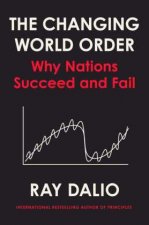
Principles for Dealing with the Changing World Order
24.19 € -5 % -
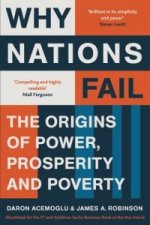
Why Nations Fail
11.18 € -13 % -

Team Topologies
23.78 € -12 % -

Freakonomics
8.02 € -20 % -

Misbehaving - The Making of Behavioral Economics
13.62 € -28 % -

Pyramid Principle, The
51.04 € -
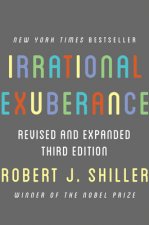
Irrational Exuberance
20.33 € -8 % -

Think Like a Freak
9.65 € -3 % -
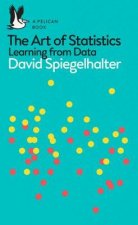
Art of Statistics
10.87 € -24 % -

Cult of We
11.38 € -28 % -

Start-Up Nation
9.14 € -29 % -

Microeconomics and Behaviour, 3e
95.98 € -
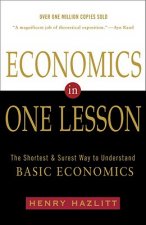
Economics In One Lesson
14.63 € -28 % -
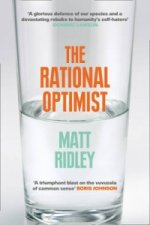
Rational Optimist
13.62 € -

Liar's Poker
13.62 € -

How I Made One Million Dollars Last Year Trading Commodities
38.94 € -23 % -

Breakthrough Copywriter
16.97 € -1 % -

Business Model Navigator, The
30.29 € -14 % -

Currency Wars
15.75 € -18 % -

Human Action
37.92 € -

History of Economics
15.34 € -28 % -

Fed Up
25.51 € -18 % -

J R
23.07 € -20 % -

Radical Uncertainty - Decision-Making Beyond the Numbers
16.06 € -16 % -

Speak Up
17.58 € -18 % -
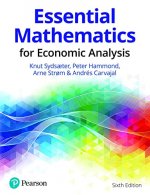
Essential Mathematics for Economic Analysis
72.80 € -1 % -

Predictably Irrational
14.84 € -21 % -
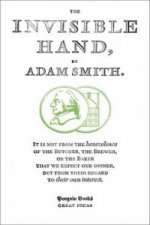
The Invisible Hand
7.11 € -17 % -
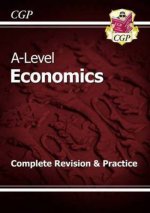
A-Level Economics: Year 1 & 2 Complete Revision & Practice (with Online Edition)
26.53 € -15 % -

(Mis)Behaviour of Markets
13.41 € -28 % -
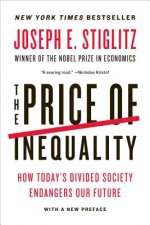
Price of Inequality
9.65 € -19 % -
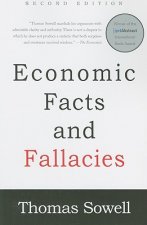
Economic Facts and Fallacies
16.56 € -22 % -
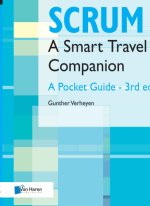
Scrum - A Pocket Guide - 3rd edition
22.67 € -4 % -
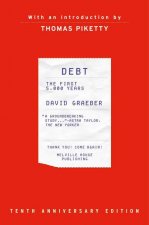
Debt, 10th Anniversary Edition
25.62 € -29 % -

Economics 101
13.41 € -28 % -

Leading at a Higher Level
30.90 € -9 % -
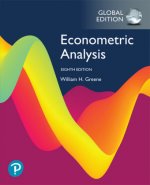
Econometric Analysis, Global Edition
86.12 € -
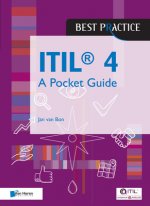
ITIL4 A POCKET GUIDE
23.78 € -
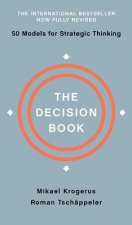
Decision Book
13.62 € -28 % -

Cartoon Introduction to Economics
16.46 € -22 % -
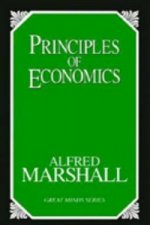
Principles of Economics
15.45 € -15 % -
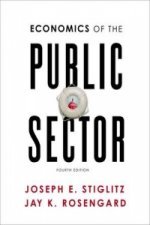
Economics of the Public Sector
78.80 € -
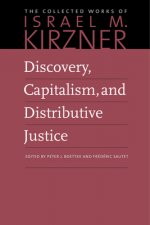
Discovery, Capitalism & Distributive Justice
19.72 € -7 % -
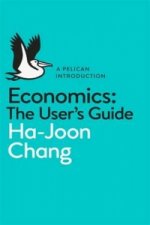
Economics: The User's Guide
12.80 € -26 % -

Freakonomics
5.99 € -30 % -
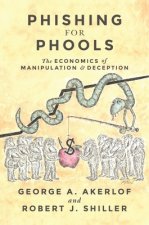
Phishing for Phools
16.26 € -15 % -

Misbehavior of Markets
22.36 € -

Hypomanic Edge
19.92 € -17 % -
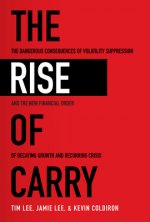
Rise of Carry: The Dangerous Consequences of Volatility Suppression and the New Financial Order of Decaying Growth and Recurring Crisis
24.19 € -27 %
Osobní odběr Bratislava a 2642 dalších
Copyright ©2008-24 najlacnejsie-knihy.sk Wszelkie prawa zastrzeżonePrywatnieCookies


 Vrácení do měsíce
Vrácení do měsíce Zdarma od 49.99 €
Zdarma od 49.99 € 02/210 210 99 (8-15.30h)
02/210 210 99 (8-15.30h)